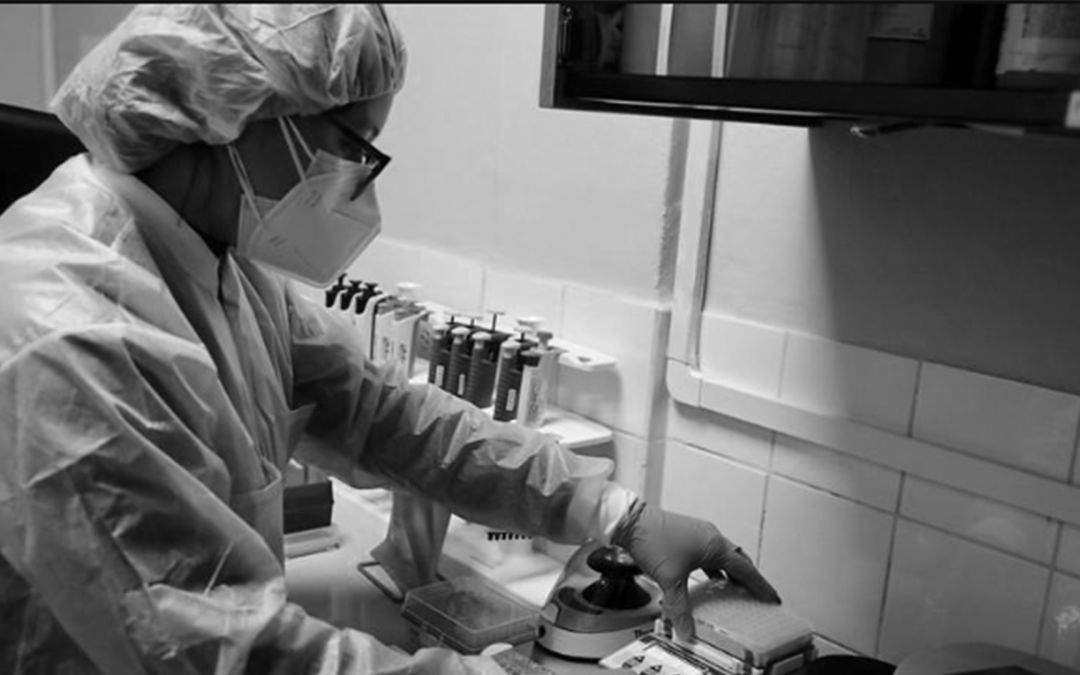The World Health Organization (WHO) has announced its decision to designate the new COVID-19 variant, JN.1, as a standalone “variant of interest” due to its rapid spread globally. While health officials have clarified that JN.1 does not appear to cause different or more severe symptoms compared to previous variants, its increased prevalence has prompted the WHO to classify it independently. In this article, we’ll explore what a “variant of interest” entails, the characteristics of JN.1, and its potential implications for public health.
Understanding JN.1: A Descendant of BA.2.86
JN.1 is closely related to BA.2.86, a highly mutated COVID-19 strain that initially raised concerns among scientists. BA.2.86 had previously been categorized as a “variant of interest” by the WHO in August. The term “variant of interest” is used to classify strains that prompt heightened investigations, including laboratory studies and field investigations, without indicating a significantly increased risk to public health.
Criteria for Variant of Interest
The WHO employs specific criteria to categorize a variant as of interest. First, the variant must possess genetic changes known to impact key characteristics of the virus, such as transmissibility or the effectiveness of treatments and vaccines. Second, the strain must be spreading in a manner that poses an emerging risk to global public health.
Symptoms and Severity of JN.1
Health officials have emphasized that the symptoms associated with JN.1 appear to be consistent with those of other COVID-19 variants. The Centers for Disease Control and Prevention (CDC) and WHO have not reported indications of increased severity linked to JN.1 at this time. However, the mutations in JN.1 suggest an antigenic advantage, potentially evading previous immunity and leading to accelerated infections.
Global Spread and Impact on Vaccines
JN.1’s global spread has been notable, with estimates projecting it as the fastest-growing strain in the United States, making up over 20% of cases nationwide. Despite its prevalence, COVID-19 vaccines, including the updated versions for the current season, are still expected to enhance protection against JN.1. While early studies have indicated lower cross-neutralization in antibody tests, the WHO affirms that vaccines designed for earlier strains, particularly XBB.1.5, are likely to be effective against JN.1.
Implications for Public Health and Vaccination Strategies
The WHO’s decision to elevate JN.1 to a “variant of interest” underscores the importance of ongoing monitoring and research. Public health measures, including vaccination campaigns and surveillance efforts, will play a crucial role in managing the impact of emerging variants. The reassurance that current vaccines are expected to provide protection against JN.1 highlights the adaptability of vaccination strategies to evolving virus strains.
Conclusion: Navigating the Evolving Landscape
As the classification of JN.1 as a “variant of interest” unfolds, health authorities globally will continue to assess its characteristics and implications for public health. The collaboration between researchers, health organizations, and vaccine developers remains essential in adapting strategies to the dynamic nature of the virus. The journey to control and mitigate the impact of COVID-19 continues, with a focus on understanding and addressing emerging variants to safeguard global well-being.

Author of Social News Outlet, Tanvi Garg weaves compelling narratives that illuminate the human stories behind headlines.

